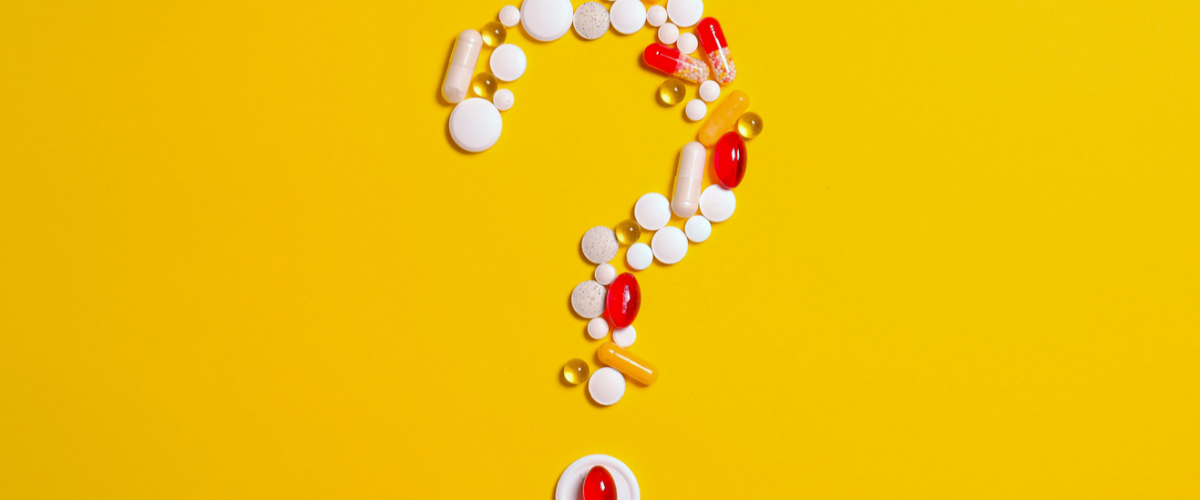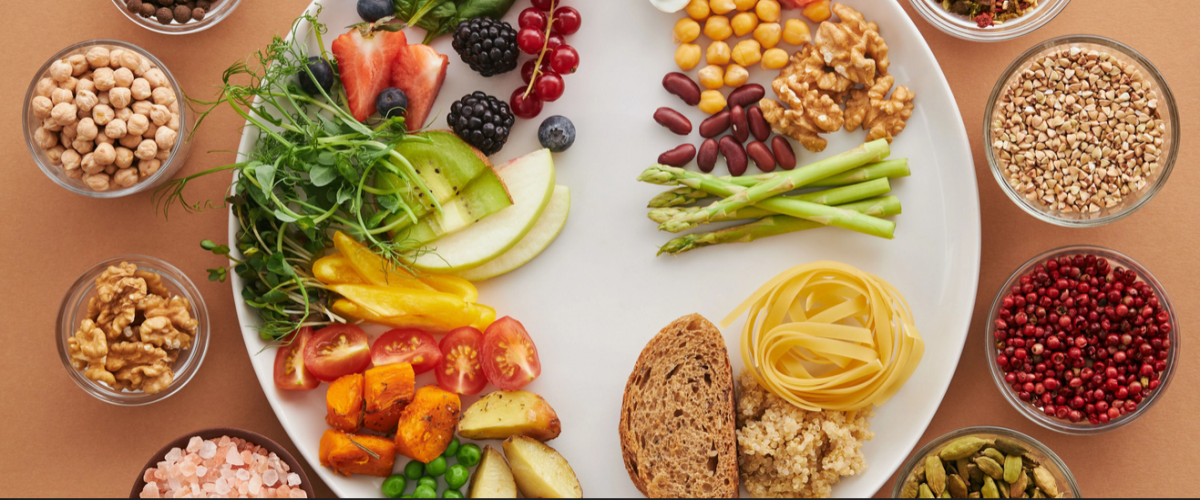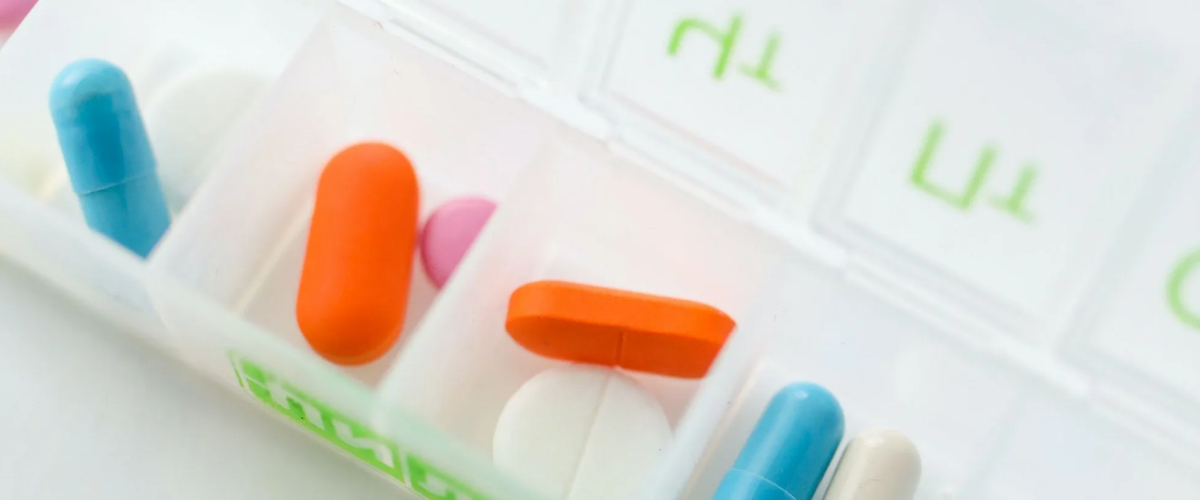In the realm of essential nutrients, vitamins play a vital role in maintaining optimal health and well-being. One such crucial vitamin that is often overlooked is niacin, also known as vitamin B3. While niacin is renowned for its ability to support healthy skin, it also plays a pivotal role in energy production and metabolism, making it a vital component of a balanced diet.
Niacin, also known as the niacin vitamin and niacinamide, is a water-soluble vitamin that occurs naturally in foods such as meat, fish, poultry, legumes, and whole grains, or is taken as a dietary supplement. It is the body's Essential nutrients needed to convert carbohydrates, fats, and proteins in food into usable energy.
It is part of the vitamin B complex, along with other B vitamins, including vitamin B1 (thiamine), vitamin B2 (riboflavin), vitamin B3 (niacin/niacin), vitamin B5 (pantothenic acid), and others.Among them, vitamin B3 is usually called niacin and has two forms: niacin and nicotinamide.
Niacinamide is one of the most common forms of vitamin B3, an essential nutrient required for many processes in our bodies. It provides energy to cells and aids in the metabolism of fats, proteins and carbohydrates. Niacin also aids in the production of certain hormones and helps maintain healthy skin, digestive and nervous systems. Additionally, niacin is often used as a supplement to help manage certain medical conditions, such as high cholesterol and triglyceride levels.

1. Enhance heart health
Niacin is widely recognized for its significant effects on heart health. It helps increase the levels of good cholesterol (HDL) and lowers the levels of bad cholesterol (LDL) and triglycerides. By regulating cholesterol levels, niacin helps reduce the risk of heart disease, including heart attack and stroke. Its vasodilatory properties also help improve blood flow and lower blood pressure, promoting a healthy cardiovascular system.
2. Enhance brain function
Fueling your brain is just as important as fueling your body, and niacin does an excellent job at this. Niacin supports the production of neurotransmitters, including serotonin and dopamine, that regulate mood, behavior, and cognition. By optimizing neurotransmitter levels, niacin helps maintain mental focus, reduce brain fog, and promote overall cognitive function. Regular intake of niacin has also shown positive results in controlling symptoms of memory-related diseases such as Alzheimer's disease.
3. Energy amplifier
If you often find yourself sluggish or lacking energy, niacin may be the solution you're looking for. As an important component of the cellular energy production process, niacin helps convert the food we consume into energy. By promoting the breakdown of carbohydrates, proteins and fats, niacin ensures our bodies have a steady supply of energy, preventing fatigue and lethargy. Including niacin-rich foods in your diet can naturally boost your energy levels.
4. Improve skin health
Embrace the benefits of niacin and say goodbye to dull, lackluster skin. This essential nutrient provides many benefits to the skin. Niacin helps reduce inflammation, promote collagen production, and improve skin barrier function. Its anti-inflammatory properties make it a great helper in treating skin conditions like acne, eczema, and rosacea. Regular consumption of niacin helps maintain a youthful, radiant complexion, making it an ideal addition to your skin care routine.
5. Blood sugar regulation
Another impressive benefit of niacin is its ability to regulate blood sugar levels. This is especially important for people who have diabetes or are at risk of developing diabetes. Niacin improves insulin sensitivity and helps the body regulate blood sugar levels effectively. By maintaining stable blood sugar levels, niacin may reduce the risk of diabetes-related complications, such as cardiovascular problems and nerve damage.
6. DNA repair and cellular function
Niacin supports proper DNA repair mechanisms and helps maintain genetic stability. Additionally, it plays a vital role in the synthesis of NAD (nicotinamide adenine dinucleotide), a coenzyme responsible for important cellular functions. By supporting DNA repair and ensuring optimal cell function, niacin helps prevent cell damage and promotes overall health and well-being.
Incorporating niacin-rich foods into our diet is the best way to naturally meet our daily needs. Foods high in niacin include:
● Nuts and seeds: Some of the best sources include peanuts, sunflower seeds, almonds and flaxseeds. Not only provides a healthy dose of niacin, but also other essential nutrients, healthy fats, and fiber.
● Poultry and lean meats: Chicken, turkey, and lean beef (such as sirloin or tenderloin) contain high amounts of this essential vitamin. Not only are they rich in niacin, they also provide high-quality protein, iron, and other essential nutrients.
● Fish and seafood: Especially tuna, salmon, sardines and shrimp are not only delicious for the taste buds, but also rich in niacin.
● Whole grains: Whole grains such as brown rice, quinoa, oats, and barley are not only rich in dietary fiber, but they are also excellent sources of niacin. They provide sustained energy, aid digestion, and help regulate blood sugar levels.
● Beans and legumes: including lentils, chickpeas, kidney beans and black beans, which are rich in niacin, fiber and various minerals. They have many health benefits, including improving digestive health, stabilizing blood sugar levels and supporting heart health.
● Dairy products: dairy products such as milk, yogurt, and cheese are not only known for their calcium content, but they are also a great source of niacin.

The ideal niacin dose depends on how you use it, as well as your age, weight, gender, and specific needs.
According to the USDA, the recommended daily intake of vitamin B3 niacin is as follows:
Children: 2-16 mg daily, depending on age
Men: 16 mg per day
Women: 14 mg daily
Women (pregnant): 18 mg daily
Women (breastfeeding): 17 mg daily
Before incorporating niacin supplements into your daily routine, it is necessary to consult with a healthcare provider as they can assess your specific needs and guide you in determining the correct dosage for your individual needs.
Possible side effects:
While niacin is generally safe within the recommended daily intake, some people may experience adverse effects at higher doses, such as flushing (redness and warmth of the skin), itching, headache, and gastrointestinal Discomfort. These side effects are usually temporary and can be minimized by gradually increasing the dose or taking niacin with meals.
Q: Are there any dietary sources of niacin?
A: Yes, niacin can be obtained from a variety of food sources. Some of the best dietary sources of niacin include meat (especially liver and poultry), fish (such as salmon and tuna), legumes, whole grains, and fortified cereals. It is also naturally synthesized by the body from the amino acid tryptophan, found in protein-rich foods like eggs and dairy products.
Q: Can a niacin deficiency occur?
A: Yes, a niacin deficiency can occur, leading to a condition called pellagra. Pellagra is characterized by symptoms like skin rashes, gastrointestinal issues, and cognitive impairment. However, niacin deficiencies are rare in developed countries, as it is readily available in many foods and often added to fortified products.
Disclaimer: This blog post serves as general information and should not be construed as medical advice. Always consult a health care professional before using any supplements or making changes to your health care regimen.
Post time: Sep-19-2023






